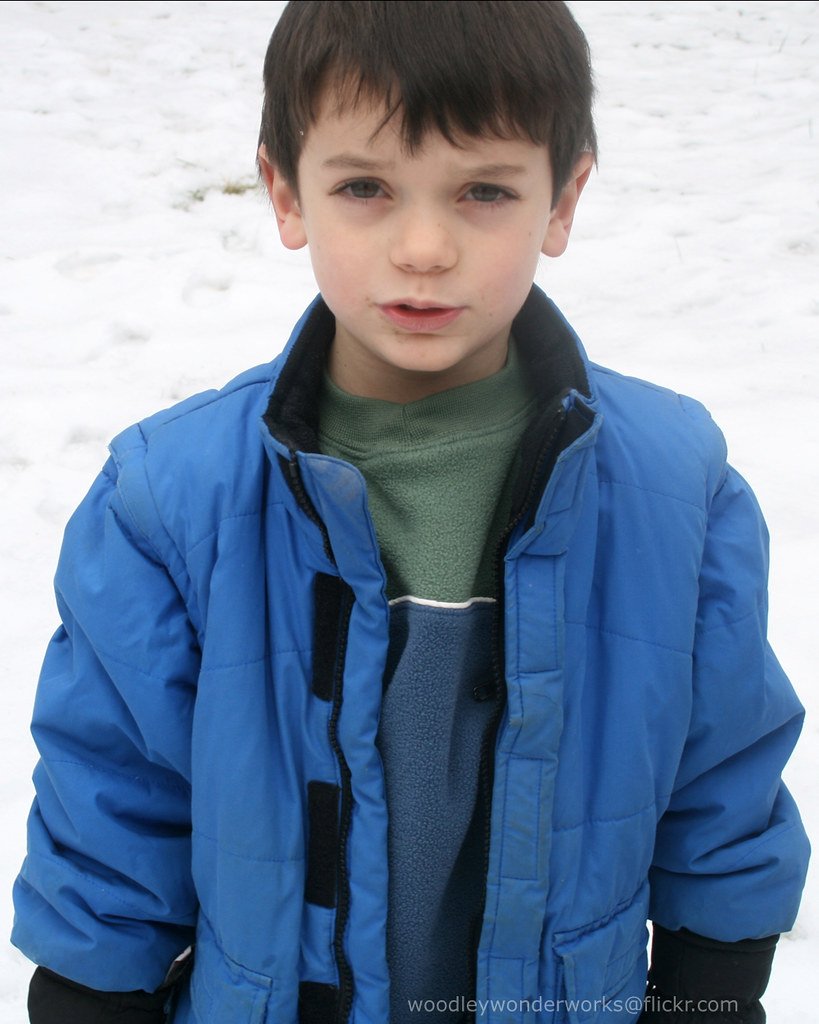- Big truths. Small voices. Brave conversations.
- But They’re already hearing about it.
- So let’s give them something better than silence.
- 🧠 1. Start Where They Are
- 🐣 2. Keep It Honest—but Age-Appropriate
- 🧃 3. Focus on Action
- 📚 4. Bring in Stories, Not Just Facts
- 😌 5. Normalize Feelings—Then Move to Hope
- 🧩 6. Keep the Conversation Going
- 💬 Want Some Conversation Starters?
- Let’s keep making these big things easier to talk about.
- 🧑🏫 Expert Guides & Advice
How to Talk to Kids About Climate Change

Big truths. Small voices. Brave conversations.
If you’re wondering how to talk to kids about climate change without sending them into a panic or turning bedtime into a grief spiral you’re not alone.
A lot of us grew up with the idea that we shouldn’t talk about big problems with kids. That it’s too heavy. That they need to be protected from the world.
But They’re already hearing about it.
They are hearing about it from school, from YouTube, from that overheard snippet on the news, or from the worry etched into the faces of grown-ups around them.
So let’s give them something better than silence.
Let’s give them language. Let’s give them clarity. And most importantly, let’s give them something they can do.
🧠 1. Start Where They Are
You don’t need to launch into ice cores and greenhouse gases. Start with what they’ve already noticed.
- “Have you ever heard someone talk about climate change?”
- “What do you know about how the weather works?”
- “Have you seen animals or birds that aren’t around as much anymore?”
Listen first. Then you can build from what they already understand.
🐣 2. Keep It Honest—but Age-Appropriate
Young kids:
“The Earth is changing because people have used too much energy and made too much pollution. That’s making the planet warmer. Some animals and plants are having trouble, but people are working on it.”
Tweens:
“Humans have burned a lot of fossil fuels—like oil and gas—that give off gases that trap heat. That’s changing the climate. It affects weather, animals, crops, and people. It’s a big problem, but there are solutions too.”
Teens:
“It’s okay to feel overwhelmed. Climate change is real, and it’s already affecting people in unfair ways. But change is possible—and millions of people are working on it every day.”
🧃 3. Focus on Action
Kids didn’t create this mess, and they shouldn’t be made to carry it on their shoulders. The goal isn’t to scare them into action, it’s to invite them into it.
Offer examples of things that help:
- Riding bikes or walking
- Growing food
- Using less plastic
- Learning how nature works
- Asking questions
- Reusing and reimagining things
Remind them: Even small actions matter. Especially when a lot of people do them.
📚 4. Bring in Stories, Not Just Facts
Facts are good—but stories stick.
Tell them about:
- The community that planted a forest together
- The kid who convinced their school to compost
- The scientists tracking coral reef recovery
- Your own experience learning to waste less or grow more
Stories help kids imagine themselves in the picture.
😌 5. Normalize Feelings—Then Move to Hope
It’s okay if they feel scared, sad, angry, or confused. You can say:
“Those feelings make sense. Even grown-ups feel that way. But they also mean you care. And caring is how change starts.”
Then offer hope—not blind optimism, but real, grounded hope-in-action.
Let them know:
- There are scientists and builders and farmers and artists working on this every day
- They can be part of the solution now—and especially as they grow
- You’re in it with them
🧩 6. Keep the Conversation Going
Climate change isn’t one talk—it’s a lifelong conversation. It weaves into daily life:
- When you recycle something
- When you make a meal with garden veggies
- When you turn off lights or fix instead of toss
- When you tell them why you do what you do
Each moment says:
“You’re part of this story. And you matter.”
💬 Want Some Conversation Starters?
Here’s a quick list you can print and stick on the fridge:
- “What’s one thing you love about nature?”
- “What would your dream treehouse garden look like?”
- “What could we make instead of buying new?”
- “Why do we sort the garbage this way?”
- “If you were in charge of the planet, what would you do?”
Let’s keep making these big things easier to talk about.
Here’s a list of trusted resources you can share or explore further. They offer expert-informed guidance, interactive tools, and inspiring stories, all perfect for parents, teachers, and caregivers talking to kids about climate change. I’ve included short descriptions and live links.
🧑🏫 Expert Guides & Advice
How to Talk to Children About Climate Change (Wired) Offers age‑appropriate frameworks—from preschool to teens—balancing science, emotional resilience, and hope
Your Guide to Talking With Kids of All Ages About Climate Change (NRDC) covers what to say, how to answer tough questions, and guides on coping with climate anxiety for all age groups
How to Talk With Children About Climate Change (HealthyChildren.org, by the American Academy of Pediatrics) Focuses on honest, hopeful, and action‑oriented communication tailored to developmental stages How to Talk to Kids About Climate Change (David Suzuki Foundation) Encourages connection with nature, validating hard feelings, and weaving in climate solutions naturally into conversations Talking Climate Change … with the Kids (Yale Climate Connections) A round‑up of articles and strategies from Wired and others, organized by age group and emotional stages
🌱 Resource & Activity Platforms for Kids
NASA Climate Kids A kid‑friendly website explaining the basics of weather vs. climate, greenhouse gases, global warming, and citizen science activities Climate Kids Resources (NASA) Includes PDFs, activity books, storytelling tools, and creative projects to engage children in climate science and action Project Drawdown – How to Talk to Kids About Climate Change Draws on listening, learning together, and empowering kids with community-based action and mental resilience strategies
🧠 Mental & Emotional Resilience
An Age-by‑Age Guide to Teaching Kids ‘Climate Resilience’ (Parents.com) Suggests mindful, developmentally appropriate emotional support and at-home climate literacy actions
👫 Organizations & Programs
Earth Rangers (Canada) Provides eco‑missions, in‑school presentations, podcasts, and actionable routines for kids and families in Canada
